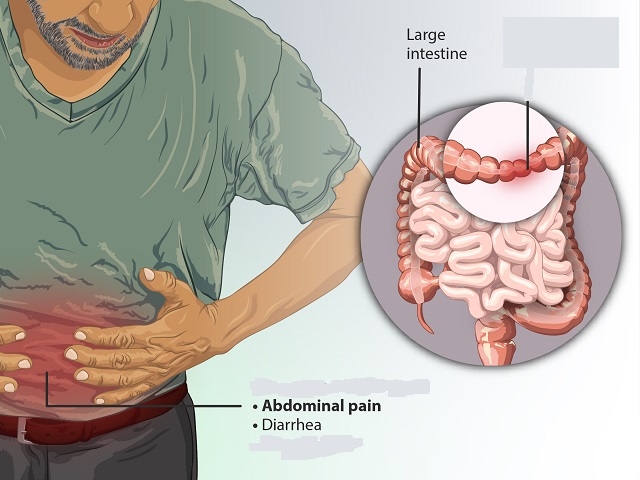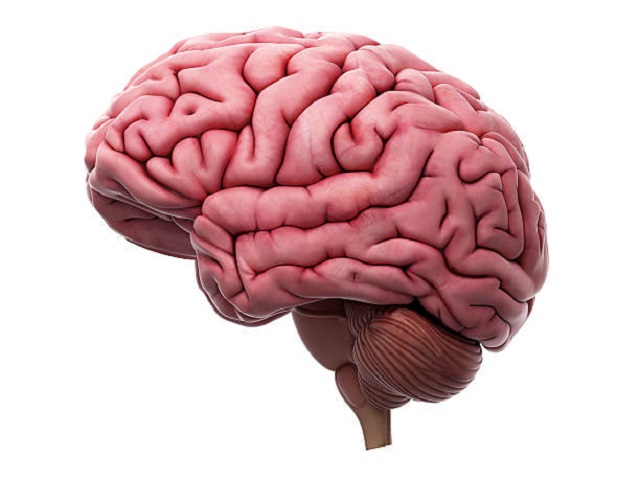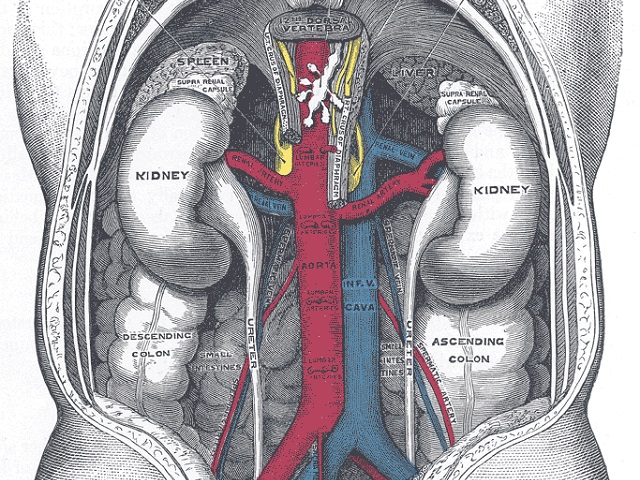9 Signs You May Have Celiac Disease -- Symptoms, Causes, Effects, Treatment and Prevention
Celiac disease, also known as gluten-sensitive enteropathy, is an autoimmune disorder characterized by an immune reaction to gluten, a protein found in wheat, barley, and rye. When individuals with celiac disease consume gluten, it triggers an immune response that damages the small intestine, leading to various symptoms and nutrient deficiencies.
Symptoms of Celiac Disease:
The symptoms of celiac disease can vary widely and may include:
- Digestive issues such as abdominal pain, bloating, and diarrhea
- Fatigue and weakness
- Weight loss
- Nutritional deficiencies, including iron deficiency anemia
- Bone and joint pain
- Skin rashes
- Mouth ulcers
- Infertility or recurrent miscarriages
- Behavioral changes or depression
Diagnosis of Celiac Disease:
Diagnosing celiac disease involves several steps, including:
- Blood tests to measure specific antibodies associated with celiac disease
- Endoscopic biopsy of the small intestine to assess for damage
- Genetic testing to identify certain gene markers associated with the condition
Causes of Celiac Disease:
The exact cause of celiac disease is not known, but it is believed to involve a combination of genetic and environmental factors. Individuals with specific genetic markers are more susceptible to developing the disease. Gluten consumption is the main trigger for the immune response and subsequent intestinal damage.
Effects of Celiac Disease:
If left untreated, celiac disease can lead to various health effects, including:
- Malabsorption of nutrients, leading to deficiencies in vitamins, minerals, and other essential nutrients
- Osteoporosis and bone fractures
- Anemia and other blood disorders
- Delayed growth and development in children
- Increased risk of certain autoimmune disorders and gastrointestinal cancers
Treatment of Celiac Disease:
The primary treatment for celiac disease is a strict lifelong gluten-free diet. This involves eliminating all sources of gluten from the diet, including wheat, barley, rye, and products derived from them. A gluten-free diet allows the intestine to heal and alleviates symptoms. In some cases, additional medications or supplements may be necessary to address nutrient deficiencies.
Prevention of Celiac Disease:
Celiac disease cannot be entirely prevented, but early detection and adherence to a gluten-free diet can effectively manage the condition and prevent complications. Individuals with a family history of celiac disease or those with symptoms should consult a healthcare professional for proper evaluation and diagnosis.
References:
National Institute of Diabetes and Digestive and Kidney Diseases. (2016). Celiac Disease. Retrieved from https://www.niddk.nih.gov/health-information/digestive-diseases/celiac-disease
Mayo Clinic. (2021). Celiac Disease. Retrieved from https://www.mayoclinic.org/diseases-conditions/celiac-disease/symptoms-causes/syc-20352220


















